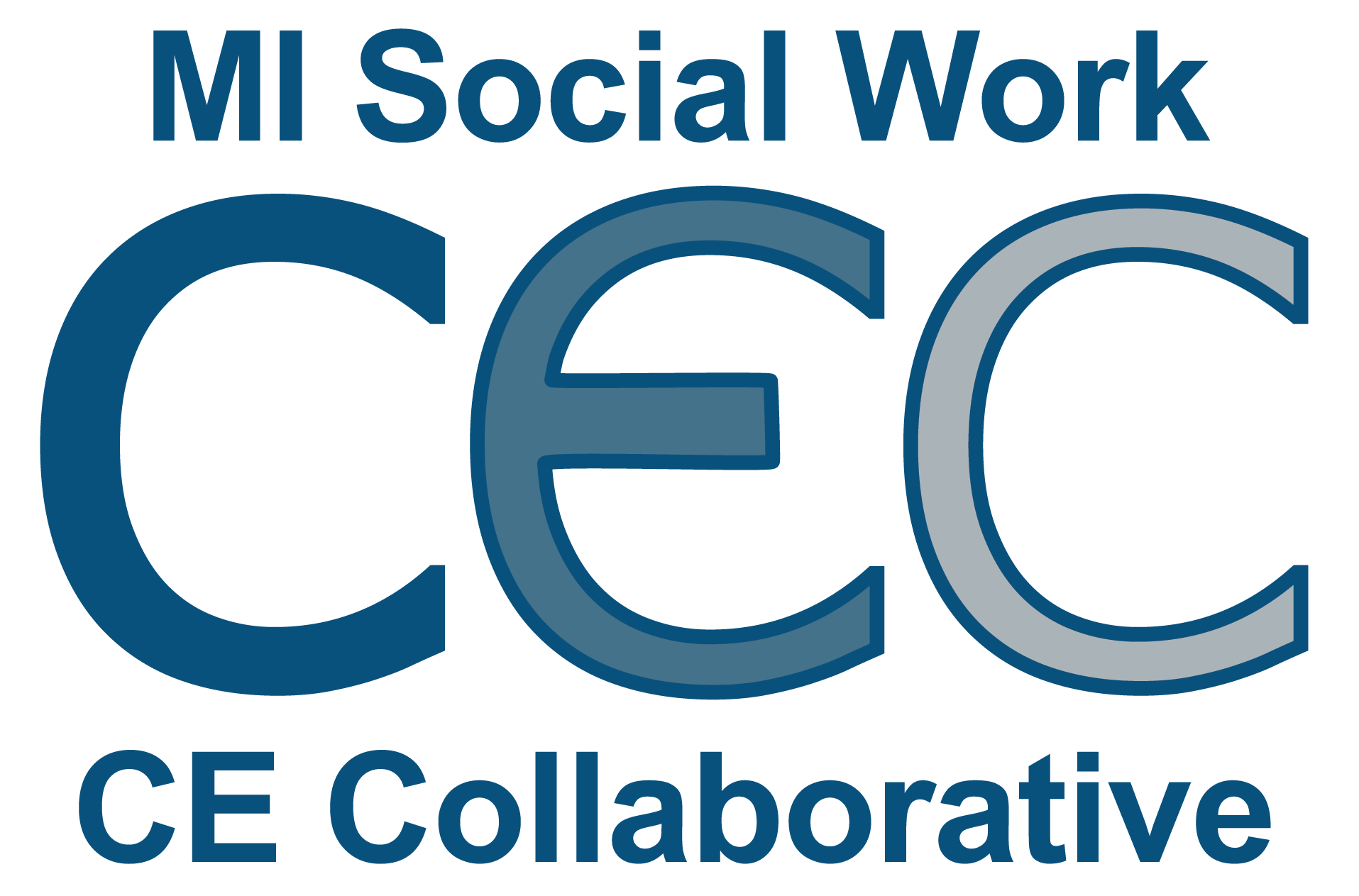: Faith-Based and Secular Meditation: Everyday and Posttraumatic Applications
Date Available: NOW
Date Expires: 12/4/21
Course Type: Live and then recorded webinar
Sponsor Name: NASW-National
Course Registration Link: http://www.socialworkers.org
CE Value (credits): 7
CE Type: Standard
Contact Information:
Kristal Shavers
202-408-8600
Course Description:
Drawing on his 40+ years of meditation practice, experience as a Vietnam veteran, and decades of psychotherapy work with his clients, Ray Scurfield demonstrates how to introduce meditation into treatment for clients with posttraumatic stress disorder or everyday stress. His 12-step method includes selecting a meditation technique that is best suited for each client, preparing for physical challenges during meditation, how to focus on breathing and manage inner and outer distractions, practicing together during sessions, and helping clients create a meditation routine.
This is a unique, creative, and practical book. Scurfield incorporates 100+ authenticated proverbs and sayings to illustrate key points. These range from Hindu, Buddhist, and Christian, to African, Native Hawaiian, and contemporary music and sports, e.g., “What you put attention on grows in your life,” "The gift is next to the wound,” and “Watch the (base)ball hit the bat.”
Using real-world examples, Scurfield shows that meditation can be practiced with or without a religious or spiritual element. He offers reassurances for secular-based clients that meditative practices are not in conflict with their nonreligious views. Conversely, he explains how faith-based approaches can have a complementary relationship with religion and prayer.
This book focuses on four types of meditation: mantra-based (“I am courageous,” “Jesus, give me strength”), breath-count based (7-11, 2-4-2-6), mindfulness-based (focus on sight, sound, touch), and mantra/breath hybrids. Scurfield uniquely describes how “spot” meditations can be applied in stressful activities (e.g., stuck in traffic, disagreement with one’s partner, a serious medical appointment) to quickly reduce anxiety, anger, sadness, and posttraumatic symptoms. He also describes how to apply meditation principles and strategies to significantly enhance affirmations and prayers.
Through meditation, this unique work encourages therapists to provide a safe space for their clients to experiment with their own healing; generate solutions that mesh with their belief systems; and engage in ways of thinking, acting, and doing that promote health, responsibility, and change.
